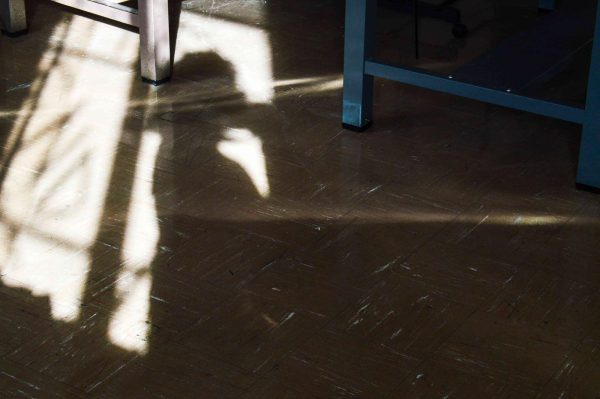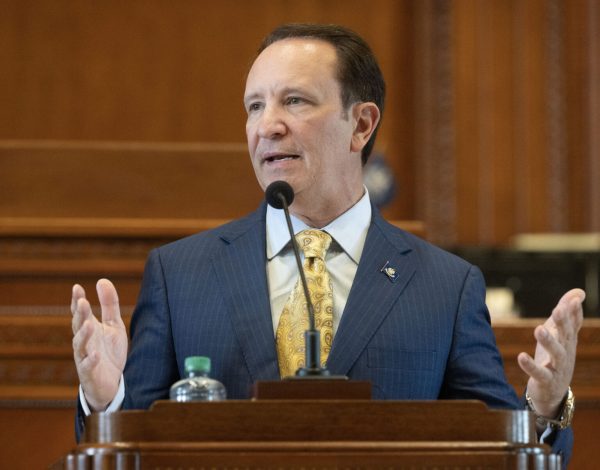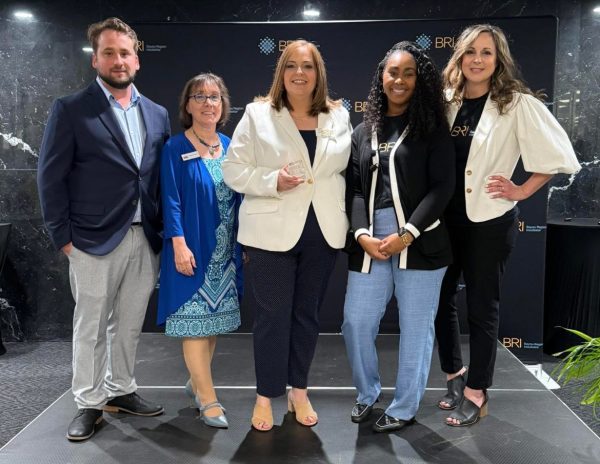University to offer three new minors to students
Nicholls will soon offer three new minors to help students diversify their resumes.
The Petroleum Engineering and Safety Management department and the Management and Marketing department have teamed up to create a total of three new minors that will be available for all students meeting the prerequisites. Beginning in the fall, students will be able to minor in safety technology, exploration production and maritime management.
PETSM department head Milton Saidu said that his department’s students currently have the option to concentrate in two areas: safety technology or petroleum services. The new minors will help students get a taste of the other concentrations; safety majors will be able to learn a little about exploration production and vice versa.
“In the market and climate we find ourselves, the more diverse you are, the more you can market yourself,” Saidu said. “We speculate that this will actually enhance the student retention on campus and also diversify people’s job opportunities.”
The minor in maritime management will be housed in the business school, where that same concentration is still relatively new. The maritime management minor allows students to learn a little about business aspects unique to the oil and gas industry.
Management and Marketing department head Kenneth Chadwick said the emphasis on safety is very significant in the highly regulated oil and gas sector along the Mississippi river.
“I spoke with several leaders of industries, those who helped us create this maritime program, and they thought the minor in safety would be a good thing,” Chadwick said. “Over at PETSM, they thought the exposure to the business side of the industry would create additional value for their students and make them more attractive to potential employers.”
Saidu said this semester will be the time for advertising the new minors, as students he spoke with in the first week of school were unaware of the additions to their programs.
Despite the recent drop in oil prices to record lows and crude oil currently selling for around $30 a barrel, according to the NASDAQ. Saidu remained optimistic that the market will soon turn around.
“We want the best for our students. We feel the pinch and pain for families and people who are nervous about the future, but we strongly believe things will turn around. As with everything in business, housing or real estate, there’s cycles,” Saidu said. “This cycle will turn around, it’s just a matter of when. But when it does, I’m pretty certain our students will be happy.”
According to Saidu, a large portion of the oil and gas industry is made up of baby-boomers, people who have been on the job for the last 25-30 years and will soon be at retirement age.
“It’s rough right now but it will suddenly turn around. It’s just a matter of time,” Saidu said. “When it turns around, it’s going to be who’s the strongest, who has a degree, who has the training, who has some documentation to show that they’re educated. They won’t hire you anymore because you worked there for five years, it will be because you have a degree.”
Chadwick said that companies along the river might help pick up the slack during the temporary downturn in the oil and gas industry.
“One thing we’ve seen lately in the maritime program, there is some concern about what’s going on in the oil and gas industry,” Chadwick said, “but I’ve been contacted by multiple firms on the river that are interested in our and our graduates.”
“We won’t guarantee you’ll get a job tomorrow morning when you graduate,” Saidu said. “That’s what we tell students, but we are preparing people for the work force. That’s the main focus. So in education when you prepare people for the future, it’s not for the one month or two months, this is for years ahead.”
By creating new minors, not new courses themselves, there should not be any additional strain on faculty and workloads, at least at the beginning. The required courses for the new minors are already being taught.
“The potential strain on limited resources would be a double-edged sword,” Chadwick said. “Additional work for faculty with very limited resources, but at the same time, that would be an indication that we’re attracting more students, they’re taking more courses, which is a positive thing for the University and the colleges within the university. At some point we might need to address the need for additional resources to support these minors.”











